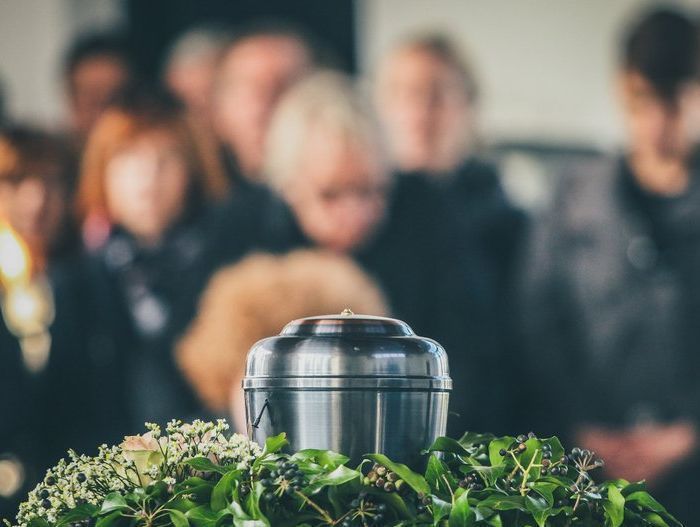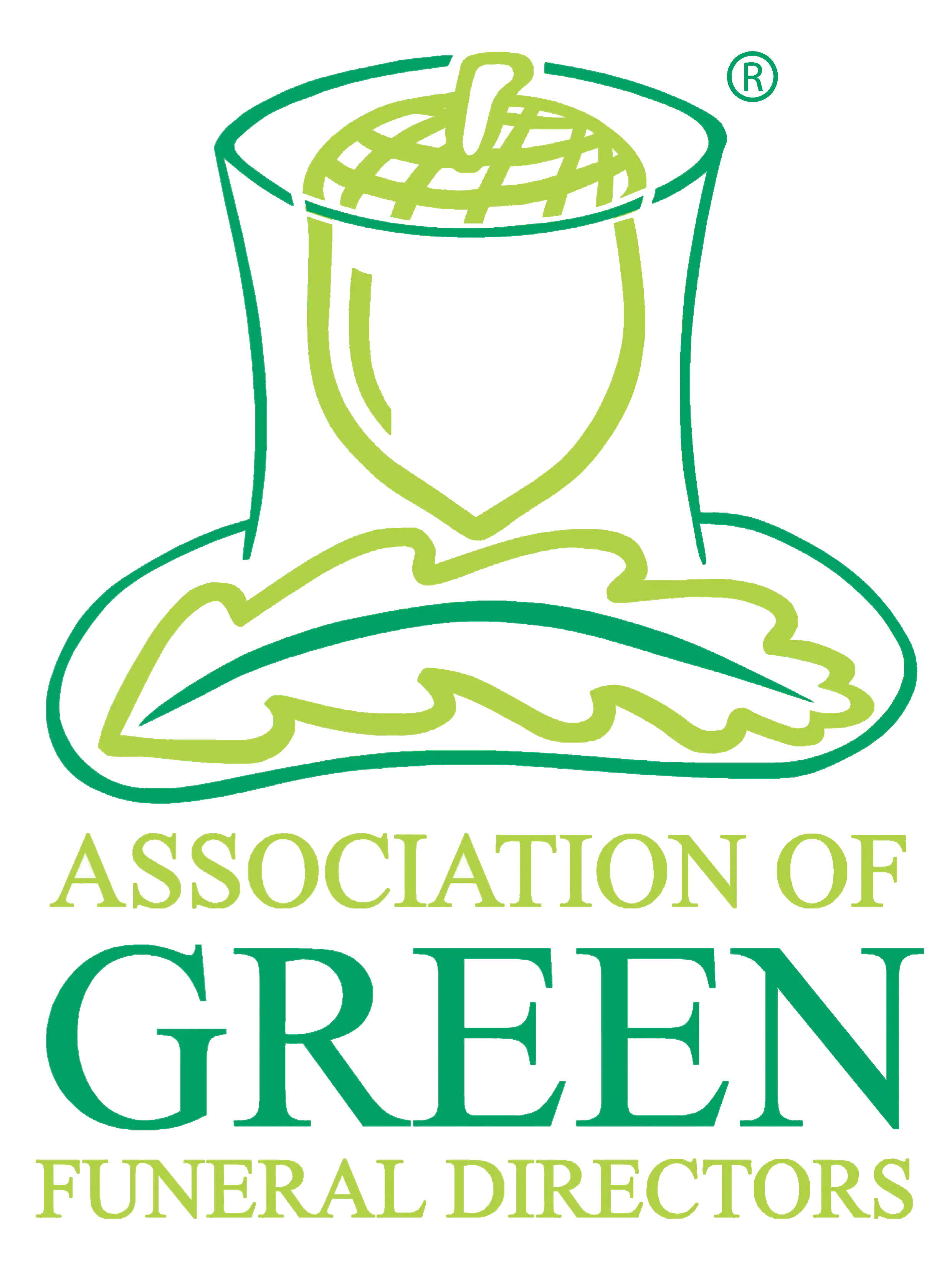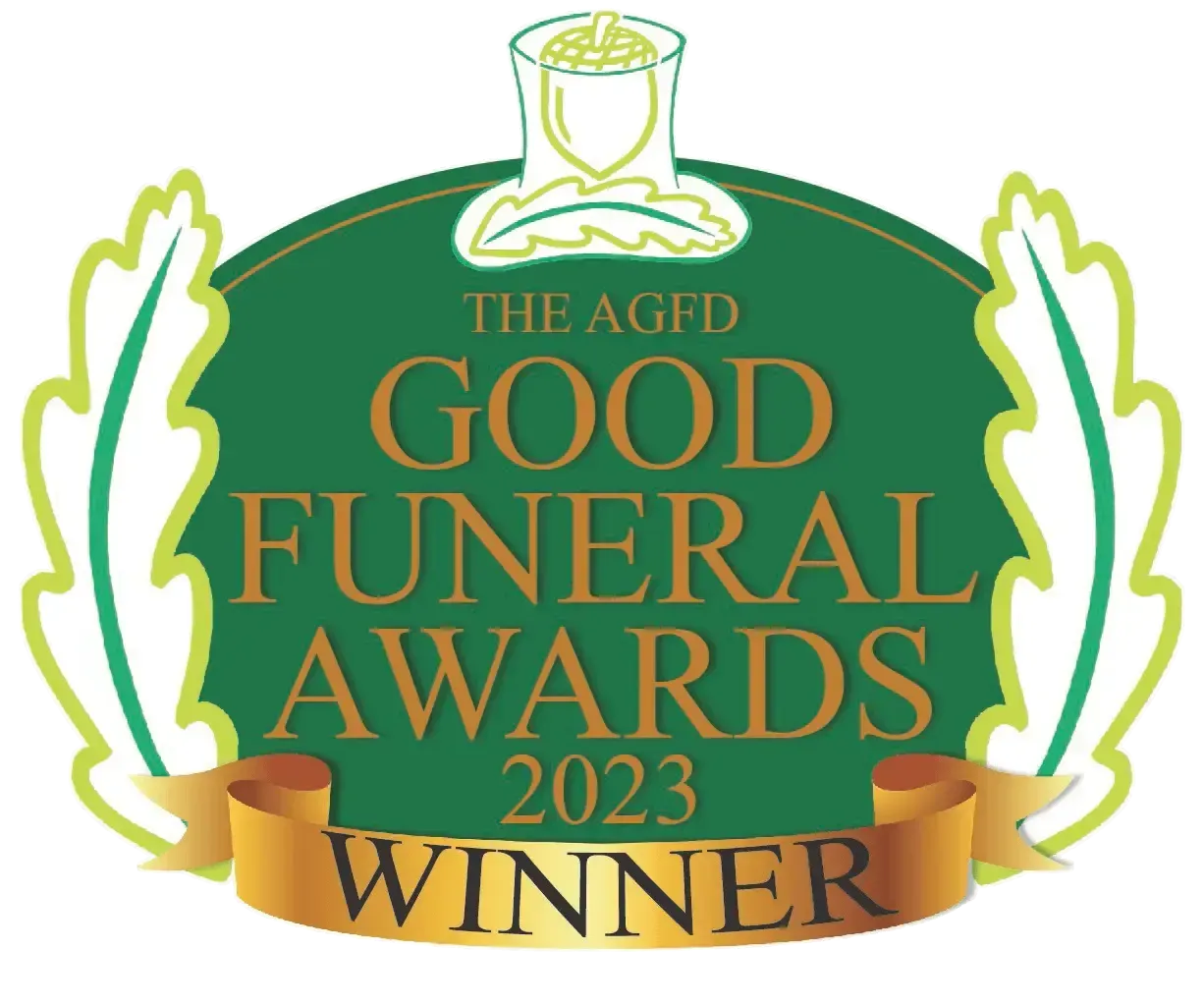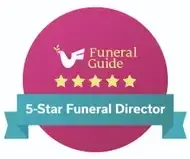
Let our Family be there for your Family
Registering a Death
At Regency Funeral Directors our family is here to help yours navigate every practical step after a loss. One of the first legal duties is to register the death—and the rules changed recently with the nationwide roll-out of the Medical Examiner system.
Below you’ll find clear, current guidance, plus shortcuts so you can jump to the section you need.
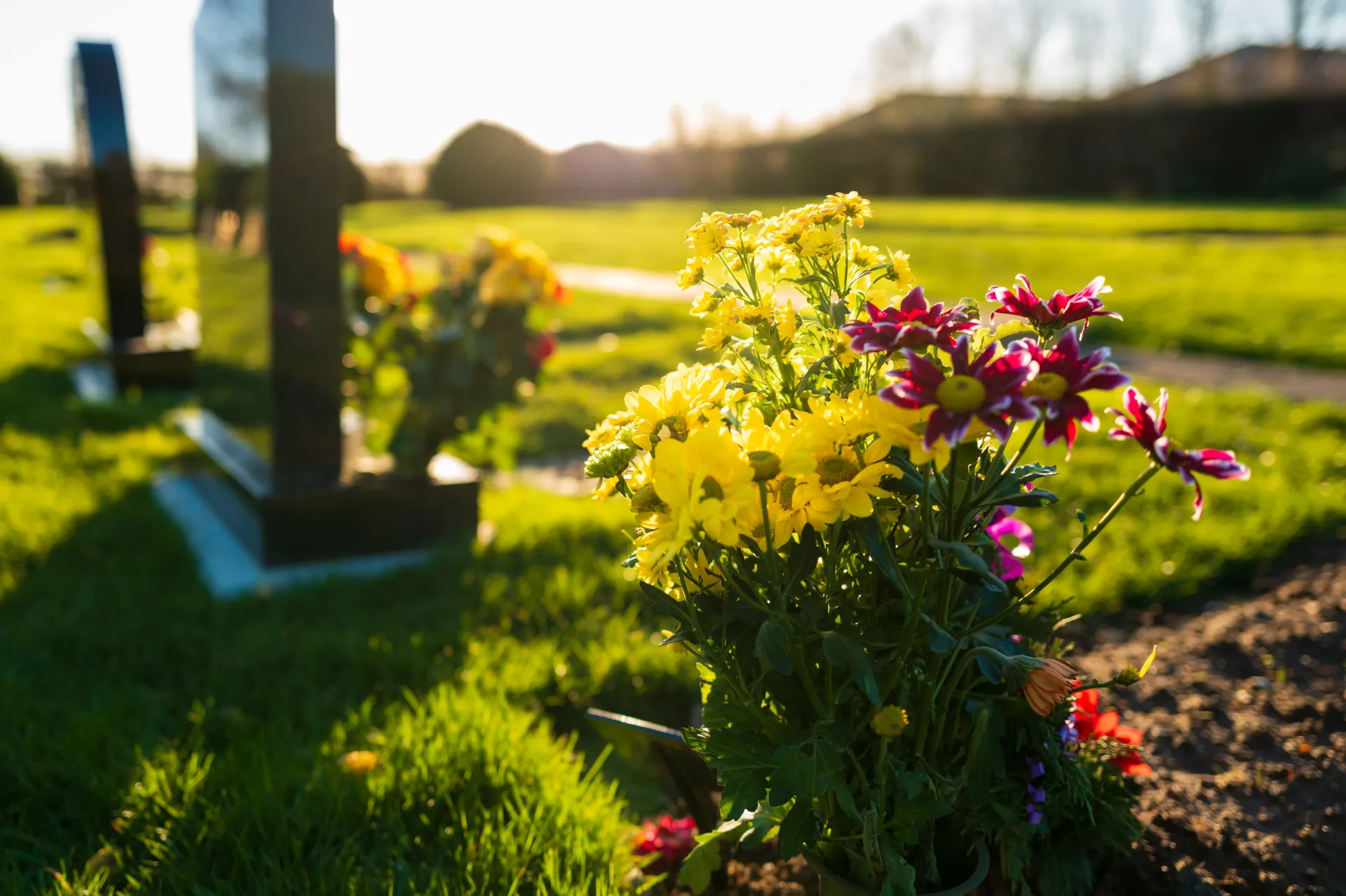
Who Can Register a Death?
In most cases one of the following people should make the appointment:
- The deceased’s spouse or civil partner
- A close relative present at the time of death
- Someone who lived with the person or is arranging the funeral
- The executor or appointed administrator of the estate
If none of the above is available, another person who was present during the last illness may register.
When & Where Must You Register?
- Timeframe: England & Wales law says you should register within five days of the date of death (five days excludes the day the person died).
- Exceptions: The period may be extended if the coroner is investigating, but you should still contact the Registrar promptly for advice.
- Location: You normally attend the Register Office in the district where the death occurred. If travelling is difficult, you can visit any Register Office in England & Wales and complete a declaration; the paperwork will be forwarded to the correct district. Find your local Register Office
- Appointments: Most offices now require you to book online or by telephone before attending in person. Some districts still allow telephone registrations; check locally.

Documents You’ll Need
Bring as many of the following as you can:
| Essential | Helpful Extras (if available) |
|---|---|
| Medical Certificate of Cause of Death (MCCD) issued by the Medical Examiner | Birth certificate |
| Deceased’s NHS number or medical card | Marriage or civil-partnership certificate |
| Deceased’s full name (and any previous names) | Driving licence or passport |
| Date & place of birth | Proof of address |
The New Medical Examiner Certificate
From 2024 the MCCD is issued by an independent Medical Examiner rather than the GP or hospital doctor.
- The examiner reviews the case, confirms the cause of death, and explains the certificate to next of kin.
- Once complete, the certificate is sent digitally to the Register Office and to your chosen funeral director, removing the need for you to collect a paper form.
- You will receive confirmation (often by email) so you can safely book your registration appointment.
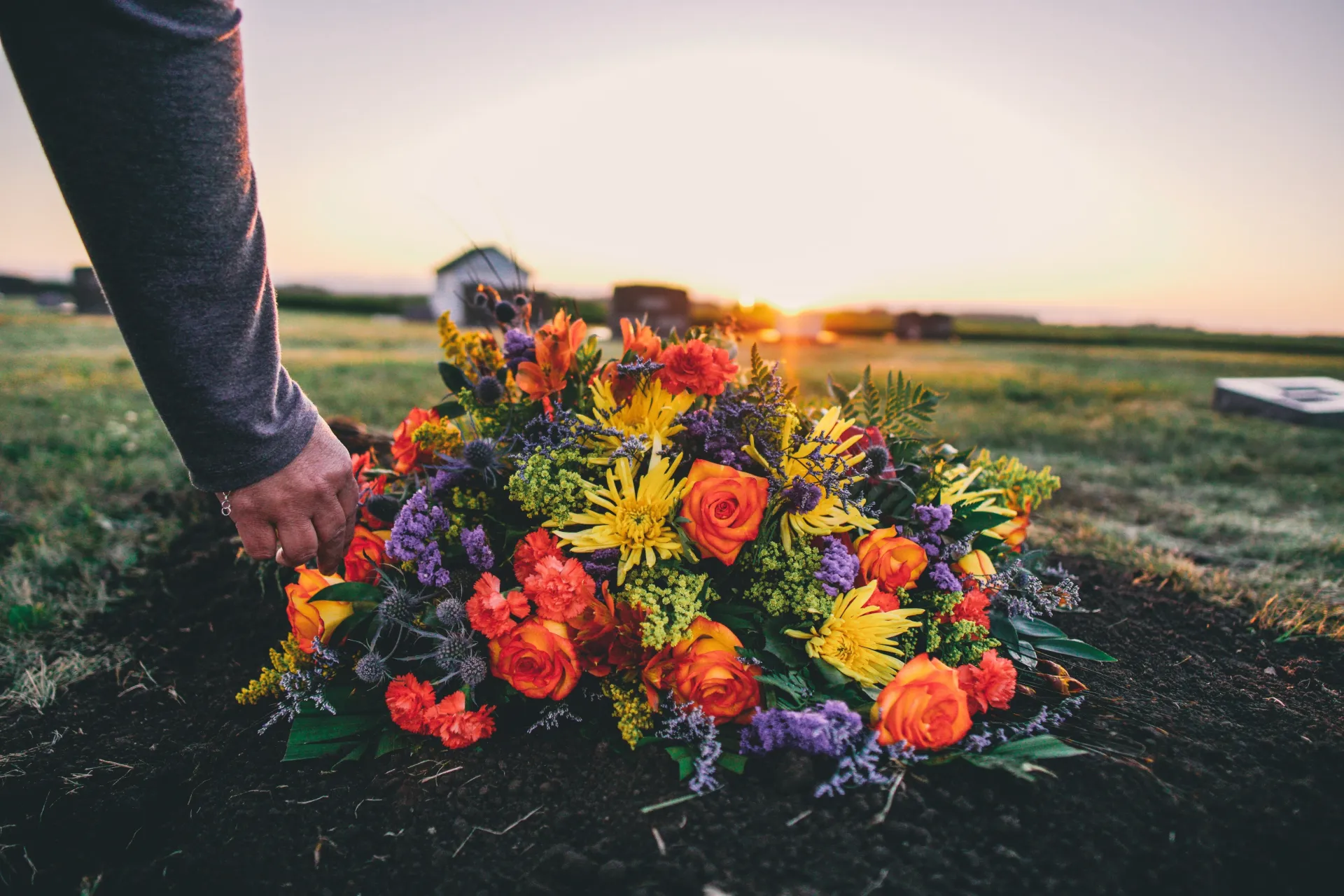
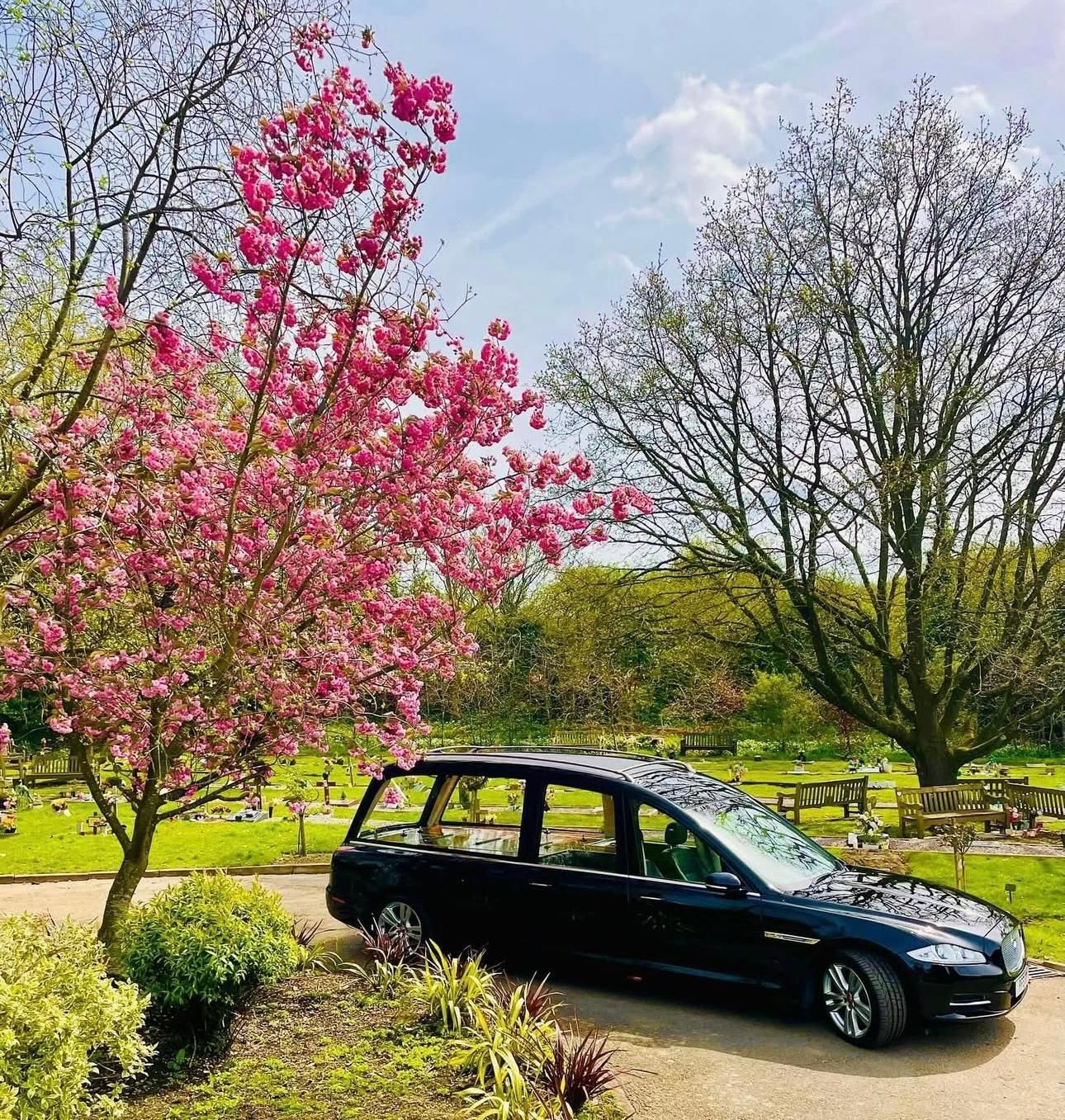
What the Registrar Will Ask
During the private interview you’ll be asked to confirm:
- Full name, date, and place of death
- Marital status and occupation
- Last known address
- Full name, occupation, and date of birth of surviving spouse or civil partner (if applicable)
- Whether the deceased received a public-service pension
Check all spellings carefully; corrections after registration can be time-consuming and incur fees.
Death Certificates & Fees
- You’ll receive a Certificate for Burial or Cremation (the “green form”)—give this to us so we can proceed with funeral arrangements.
- Certified copies of the entry (known as death certificates) cost £11 each in England & Wales. Most families order 4–6 copies for banks, insurance, pension claims, and property matters.
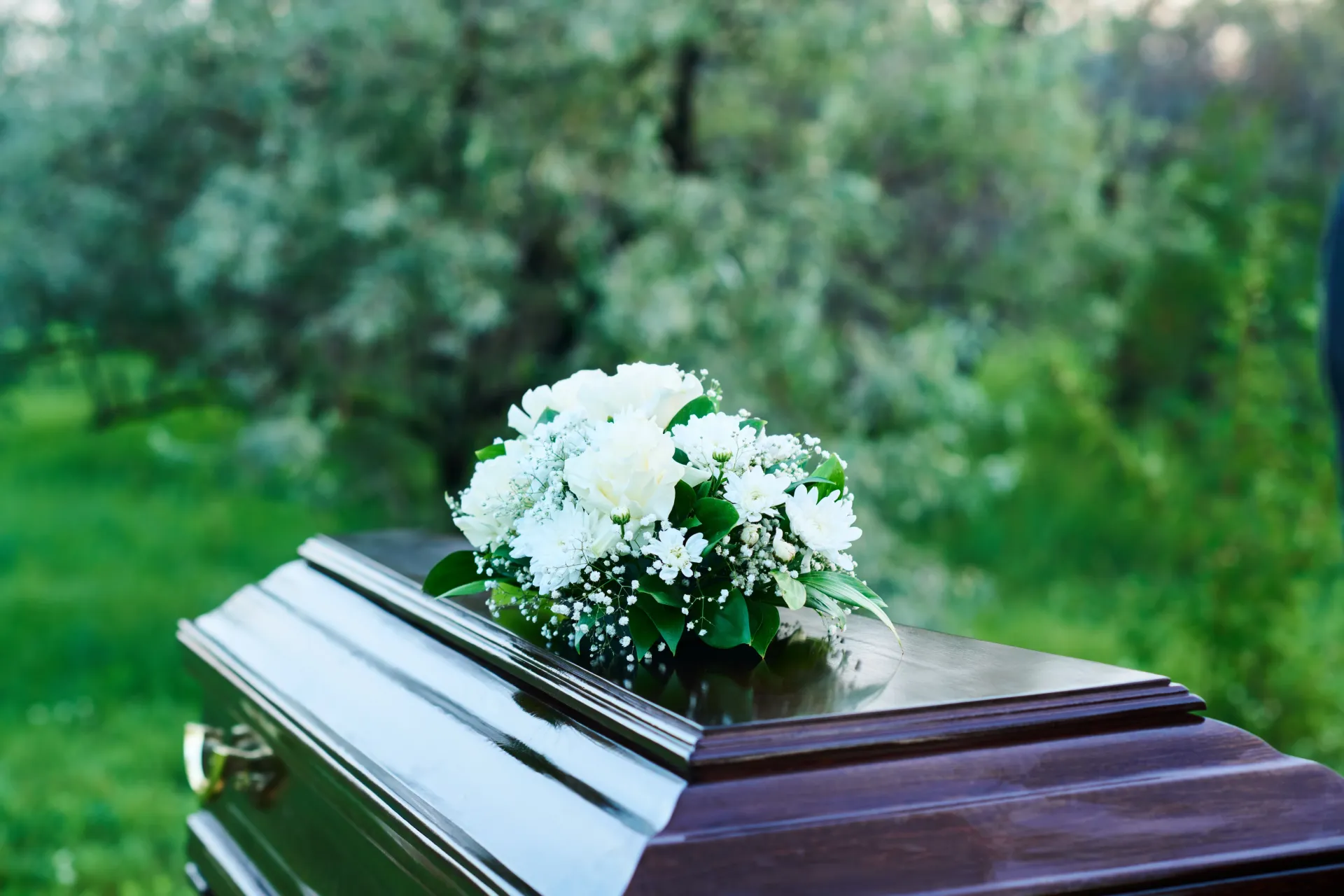

Tell Us Once Service
After registration the Registrar will offer the Tell Us Once service. You’ll receive a unique code that lets you inform:
- HM Revenue & Customs
- Department for Work & Pensions
- Driving & Vehicle Licensing Agency
- Passport Office
- Local Council (council tax, blue badge, electoral roll)
We’ve produced a handy PDF walk-through you can download here:
If the Coroner Is Involved
Deaths that are sudden, accidental, or unexplained must be reported to the coroner. This may extend the registration period while a post-mortem or inquest is arranged. We’ll liaise with the coroner’s office on your behalf and keep you updated—there is nothing extra you need to pay.
How Regency Funeral Directors Can Help
From the moment you call, our team:
- Advises which documents you need and where to book the registration
- Liaises with the Medical Examiner for the MCCD
- Collects the Green Form directly from the Registrar if required
- Provides private transport for anyone who needs help attending their appointment
- Offers a warm welcome at our funeral home to complete the next steps
If you’re feeling uncertain, please phone us any time—day or night—on 01480 759 408.
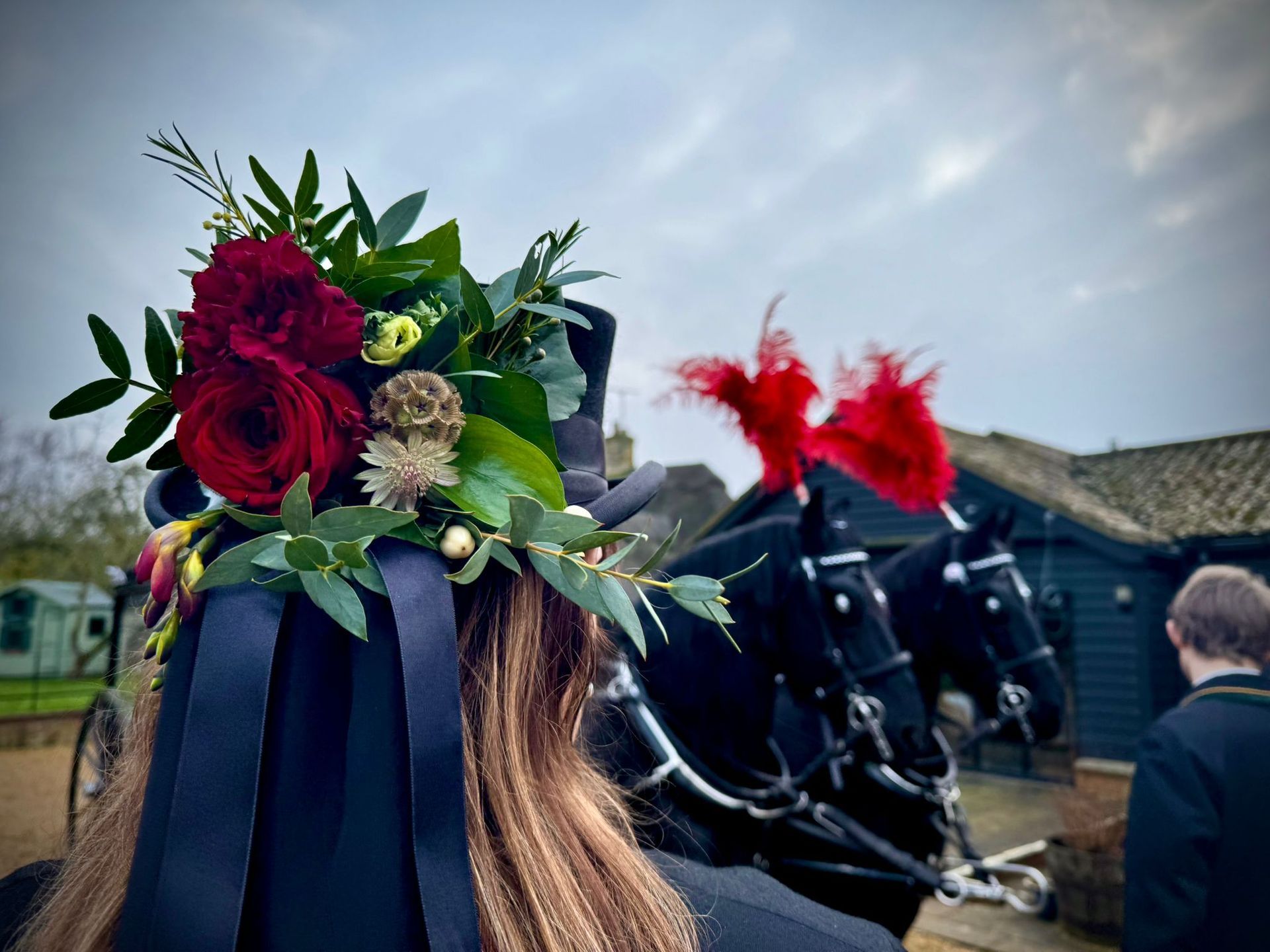
Frequently Asked Questions
Who is legally responsible for registering a death?
The law places the duty primarily on close relatives by blood or marriage. That typically means a spouse, civil partner, parent, adult child, or sibling. If no relative is available, another person present at death—or the person arranging the funeral—may register. In practice, the Registrar will accept whichever qualified informant attends first, provided they have the necessary details. If multiple relatives wish to be involved, they can attend together, but only one person signs as the informant. It’s important to decide amicably who will sign, as corrections later are costly and may delay probate.
What happens if I can’t register within five days?
The five-day limit can be extended for “reasonable cause,” most commonly when the Coroner is investigating or when a Medical Examiner review is delayed. Contact the Register Office immediately to explain your circumstances. They can note that the legal time frame is paused due to official investigations, preventing any penalties. Meanwhile, Regency keeps your loved one in our professional care, and we can begin preliminary funeral arrangements. We’ll schedule the service only once the registration is complete, ensuring no avoidable delays.
What is the Medical Examiner system and why did it change?
Introduced to improve scrutiny and transparency, the Medical Examiner system places an independent senior doctor—separate from the hospital team—in charge of confirming causes of death. This change reduces errors on certificates and gives families a chance to ask medical questions. For most expected deaths, the Medical Examiner issues the MCCD electronically within 24-48 hours. You’ll receive a phone call or email once the document is lodged with the Registrar, so you can book your appointment with confidence that paperwork is ready.
Can I register a death online or by telephone?
Some districts in England & Wales allow telephone registrations, especially when travel is difficult. You must still supply the Registrar with scanned copies of supporting ID, and the death certificates will either be posted or collected later. Full online self-service registration is not yet available nationwide, but it is being trialled in certain regions. Always check your local Register Office website for current rules or call Regency and we’ll find out on your behalf.
How many death certificates should I buy?
Each financial or legal body you deal with may require an original certificate. Banks will return them, but solicitors, share registrars, and insurance companies can keep them for weeks. We generally recommend ordering at least four certificates to avoid delays, and some estates need eight or more. Extra copies cost £11 each at registration; ordering later can cost more and involves postal delays. If in doubt, buy a couple more—unused certificates can still be handy for family records.
What should I do if the deceased’s doctor is away and can’t sign anything?
With the Medical Examiner model, the GP or hospital doctor no longer signs the MCCD. Instead, any treating clinician provides notes to the Medical Examiner, who then issues the certificate. If the usual GP is on holiday, the surgery will nominate another doctor to provide clinical details. This means delays are rare. If a delay does occur, Regency liaises with the surgery and Medical Examiner’s office to keep the process moving smoothly.
Is there a fee for registering a death?
Registration itself is free. The only standard cost is for certified copies of the entry (£11 each). Some Register Offices charge small fees for additional services like priority certificates or postage. If you are on a low income, you may be eligible for certain government allowances or the Funeral Expenses Payment, which can cover certificate costs. Our team can direct you to the relevant forms and advice.
What if the death occurred overseas?
Deaths abroad must be registered in the country of death according to local law, then also with the Foreign, Commonwealth & Development Office in the UK. Our repatriation specialists arrange transport home and liaise with British consular officials. Once the deceased is returned to St Neots, you’ll still need to register the death in England & Wales using a “Certificate of No Liability to Register.” Regency handles the paperwork and will guide you through each step.
How does Tell Us Once save me time?
Tell Us Once transmits the death details securely to government departments such as HMRC, DWP, and the DVLA, preventing overpayments of pensions or benefits and stopping unwanted mail. You’ll receive a unique reference ID from the Registrar. Log in online or phone the service within 28 days, answer a short series of questions, and your notifications are complete. Our downloadable guide includes a checklist to make the process even simpler.
How can Regency Funeral Directors help beyond registration?
Registration is only the first official hurdle. Regency provides a full continuum of care: helping arrange the funeral, creating personalised tributes, assisting with probate referrals, and offering bereavement support links, such as our weekly café in Kimbolton. If paperwork feels daunting, we can draft letters to banks, insurance companies, or landlords, and we’ll remind you about probate timelines and memorial options. Our support is lifelong—many families return to us for advice months or even years later, knowing we’ll always welcome them with compassion and understanding.
Need Further Help?
If you have any questions about registering a death, please call us on 01480 759 408 or visit our After a Loss hub for more step-by-step guides.
Let our family guide yours—every step of the way.
Let our Family be there for your Family
Let Our Family Guide You Through Loss
We have many years’ experience in providing bespoke funerals tailored to your needs, please feel free to contact us with any questions or requests.

